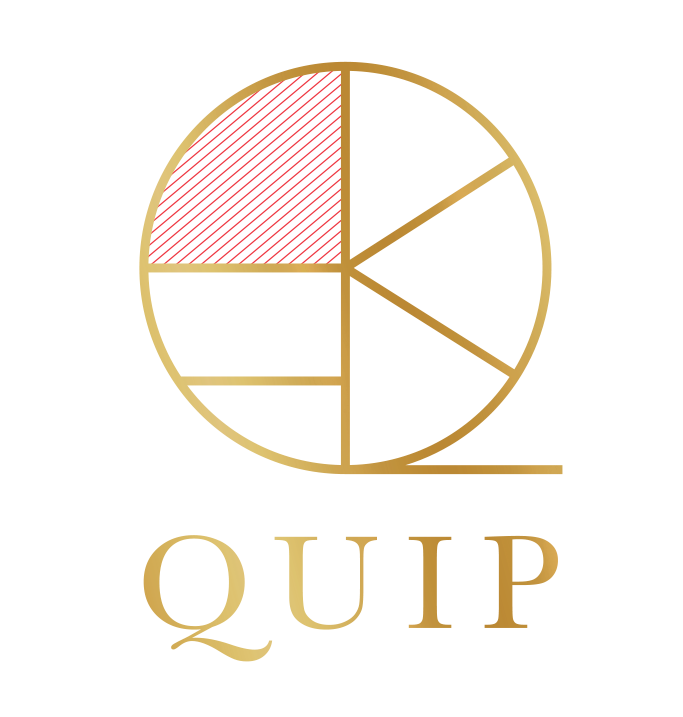How will a year that’s deeply tested our own values, shape brand values in future?
“Your beliefs become your thoughts,
Your thoughts become your words,
Your words become your actions,
Your actions become your habits,
Your habits become your values,
Your values become your destiny.”
- Ghandi
I’ve been recently helping a client determine whether or not their current brand values still fit their purpose and their strategic vision for the next three years.
Considering how unpredictable the world is currently, it’s been an interesting task. But, despite all the rapid change we’re experiencing, I’d say if anything we’re essentialising our values more now than ever before.
Like a moral and ethical life-raft, we find ourselves gripping more intensely to our beliefs in the hope that this will get us safely back to shore.
In some ways this has been positive—many of us are questioning what truly matters whilst living in an era defined by immediate gratification and hyper-consumerism. We’ve rediscovered our families, our friends, our art and our soul—or, at least, that’s what Instagram tells me.
“A value is a way of being or believing that you hold most important.”
- Brene Brown
But, in other ways, the rise of essentialist values has been quite concerning, with fundamentalist protectionism and overt tribalism creeping (or rather striding) into our cultural consciousness—without shame, and with plenty of vocal supporters.
Sometimes that creep can be well disguised in seemingly positive acts.
Ask most West Australians right now what they think of their border controls, and they will more than likely praise them. But, putting up walls between citizens has a long and troubled history. It’s been used historically as a mechanism to divide race, wealth and religion.
Ethics are always a slippery slope, and often the most well-intentioned ideas end up causing the greatest harm (just ask any of the interviewees on The Social Dilemma).
Your view, I guess, depends on which side of the wall you’re on.
But, regardless of your perspective on the sandgroper utopia (yes, Mum, I know you like the border), this little task has got me questioning whether or not my own values have changed in light of COVID-19, and how this extraordinary year might alter the brand values businesses choose to operate by.
“Tell me what you pay attention to and I will tell you who you are.”
― José Ortega y Gasset
As somebody who has spent the past 6-months paying far too much attention to reality TV, I’m not entirely sure I want to hear who I am.
But, I do believe in brands as culture, and am endlessly fascinated by how purpose is now taking prime position at many companies who are embracing the most fundamental existential crisis—forever questioning, why do I exist?
Likewise, what is purpose if it is not buttressed by core beliefs?
In 2020, it’s no longer OK for brands to merely make a product or perform a service.
You need to have a greater purpose—a why.
And, you need to be willing to be judged by them.
But, are brand values ever more than a decoration on an office wall? And, given so few of us are now in the office, how will we ever embrace them?
When they are thoughtfully, purposefully and practically composed, brand values can shape the behaviours of a company and elevate its performance. To do so, brand values have to be written in your own voice, and they have to be rooted in something real, otherwise they will forever be a lip service in a (hopefully) well-executed font.
Your values are your guide when making key decisions, they are the standards by which your team are expected to act, they are the true foundation of how you exist—are you willing to live yours?
Brand values should evoke something. They should be meaningful.
Curious
Nurturing
Agile
Clear
Open
Fearless
Fierce
Pensive
Daring
Considered
Erudite
Resolute
I like to think of your brand values as your businesses compass. They guide you on your chosen path and tell you when you’re veering off it.
To do so, they need to be believed, trusted and embodied. They need to align with your culture and your purpose. They need to be true… and that’s where most of us go wrong.
Are you innovative? Trustworthy? A team player? I hope that we don’t see these trite words simply trotted out again in a parade line. I want to see brand values that are as unique, inspiring and interesting as you are.
Brand values, like every system of beliefs, need to be practiced. They require their own set of lived-in company allegories to bring them to life, and a few cautionary tales to cement them.
Branding in this way is a little like a religion—you have to believe.
It’s why platitudes have no place in brand values, and in 2020, surely we’ve had enough time to discover some new adjectives to describe who we are and what we truly believe in.


